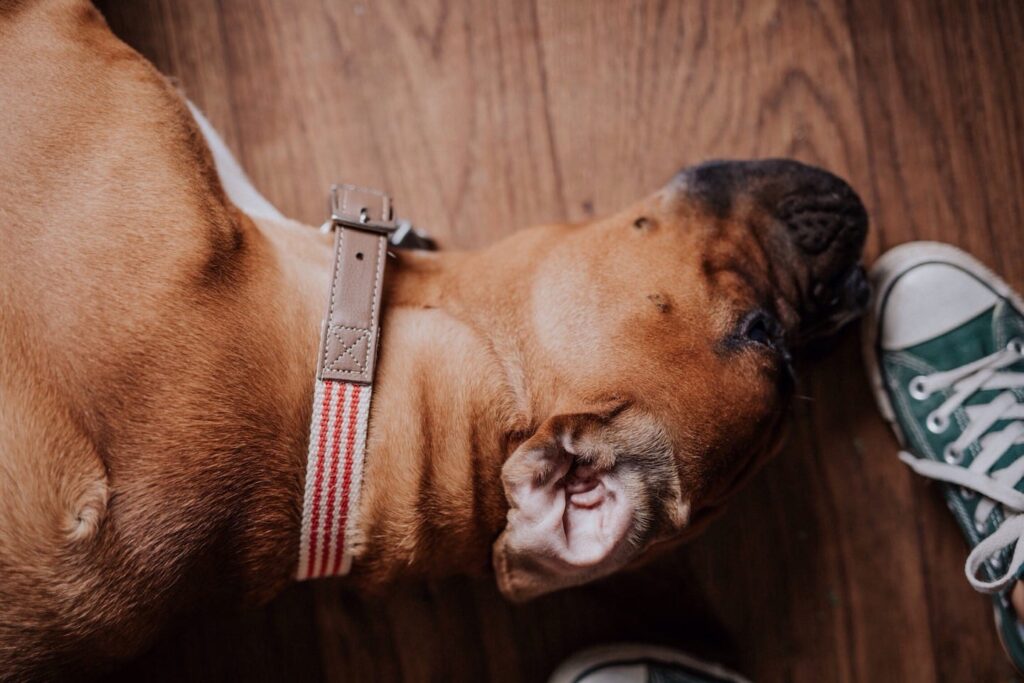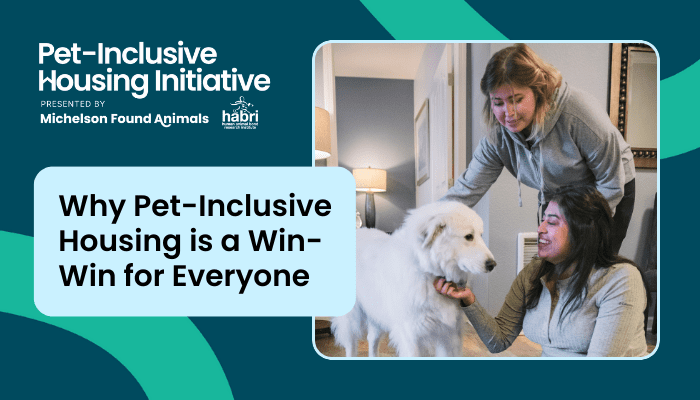What Does Responsible Dog Ownership Mean to You?

Is there a dog in your family? If so, what does responsible dog ownership mean to you? Responsible dog ownership can mean a lot of different things to different people. It all starts when you decide to adopt a dog.
Will it be a big dog or a small dog? Male or female? Energetic or laid back? Does it get along well with other pets in your family and will your other pets be okay with the new addition? These questions are just the beginning of a myriad of decisions that must be made in order to be a responsible dog owner.
It’s not just about making sure your pet has adequate food and water. Pets have many needs – physical, emotional and medical. Depending on these needs, and a host of other factors, the cost of owning a dog can range anywhere from $700-$3,000 or more per year. If you’re considering adopting a dog, it’s important to determine what kind of dog fits your budget or if caring for a dog is affordable for you. While a pet may be perfectly healthy at the time of adoption, medical conditions and emergencies can arise with any animal.
It is also important to make time for your dog. While some breeds are less active than others, dogs by nature are pack animals and need exercise and affection. Most misbehaved dogs simply have not been trained or do not receive the regular discipline and activity that they need.
Here at Found Animals, we are fortunate to be a pet-friendly workplace. On any given day, several members of our team bring their dogs to the office. Others occasionally bring their cats or foster kittens, and someone even brought in chickens for a photo shoot once! While bringing your dog to the office may sound fabulous, we encourage everyone on our team to practice responsible dog ownership. Each office dog must be:
- Spayed or neutered
- House-trained
- Licensed
- Up to date on vaccinations
- Collared and leashed with appropriate Pet ID
While a collar and tags are essential pet identification pieces, it is also critical to microchip and register your pet in a microchip registry. A microchip is not a GPS, and it does not contain your information. The microchip stores a number that is linked to your contact information in an online database. If your pet is ever lost, an animal shelter, clinic or veterinary office will use the microchip number to look up your contact information and let you know where your pet is located.
Lastly, but most importantly, remember that adopting a pet is a lifetime commitment. Puppies are adorable, but they grow into adults – sometimes very large adults. If you have the time and resources to commit to an animal, a new pet can be one of the most rewarding additions to your family.



